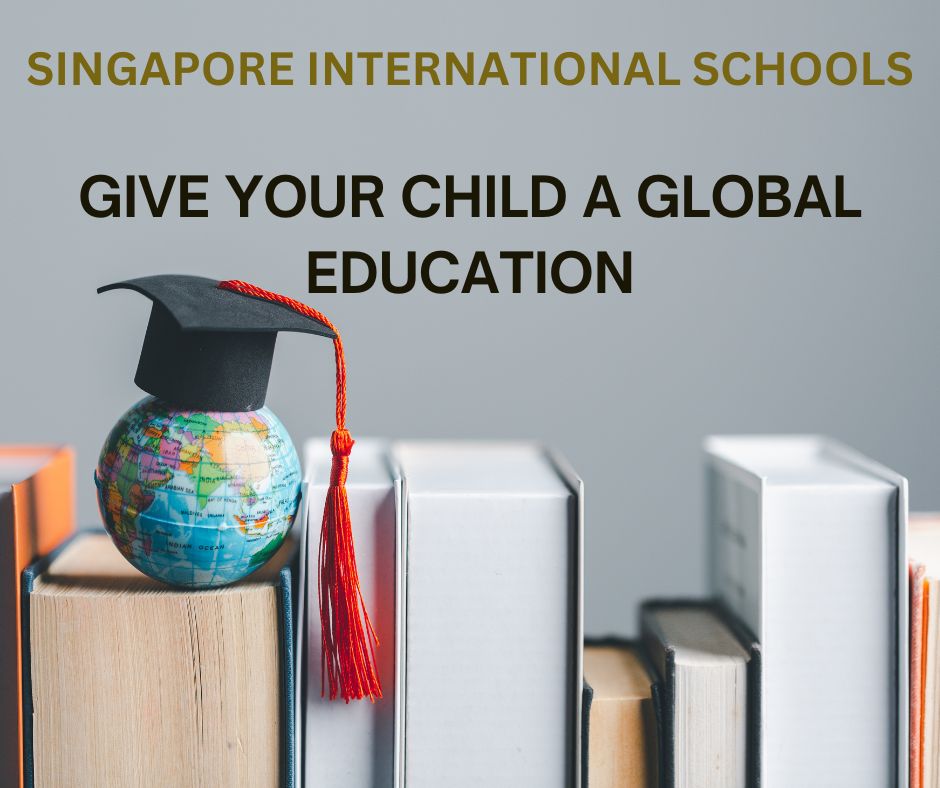Singapore, known for its vibrant multicultural society and booming economy, has also earned a reputation for its world-class education system. For parents seeking to provide their children with a top-notch education enriched with diverse experiences, Singapore stands out as an ideal destination. Let’s delve into the myriad benefits of educating your child in this dynamic city-state:
Flexible Curriculum Choices in Singapore International Schools.
One of the foremost advantages of education in Singapore is the flexibility it offers in curriculum choices. Parents can tailor their child’s education to meet specific family or individual needs, selecting from a wide array of educational approaches and philosophies.
Cultural Diversity in Singapore International Schools.
Singapore’s schools attract students from all corners of the globe, creating a melting pot of cultures and perspectives within the classroom. This multicultural environment nurtures a global mindset in children from a young age, fostering tolerance, understanding, and appreciation for different cultures.
Language Proficiency in Singapore International Schools.
Singapore International schools emphasize bilingualism and multilingualism, offering robust language programs that equip students with fluency in multiple languages. This linguistic proficiency not only enhances communication skills but also opens doors to global opportunities in an increasingly interconnected world.
Academic Excellence in Singapore International Schools.
Singapore consistently ranks among the top performers in international assessments such as the International Baccalaureate (IB) Diploma program. The high standards of education and rigorous academic curriculum ensure that students receive a world-class education that prepares them for success in higher education and beyond.
World Class Faculty in Singapore International Schools.
international schools in Singapore attract top-tier educators from around the world, bringing a wealth of experience, expertise, and diverse teaching styles to the classroom. These dedicated teachers play a crucial role in shaping students’ academic growth and global perspective.
Holistic development in Singapore International Schools.
Singaporean schools place a strong emphasis on holistic development, offering a wide range of extracurricular activities in sports, music, arts, and culture. These activities provide students with opportunities to explore their interests, develop talents, and cultivate well-rounded skills beyond the academic realm.
Global Experiential Learning in Singapore International Schools.
International travel opportunities are integrated into the curriculum, allowing students to embark on educational excursions that enhance their understanding of global issues, cultures, and perspectives. These immersive experiences broaden students’ horizons and foster a deeper appreciation for the world around them.
Cutting Edge Facilities in Singapore International Schools.
Singapore International schools are equipped with state-of-the-art facilities, providing students with access to the latest advancements in digital technology, STEAM (Science, Technology, Engineering, Arts, and Mathematics), and sports infrastructure. These modern amenities create an innovative learning environment that inspires creativity, exploration, and critical thinking.
In conclusion, educating your child in Singapore offers a wealth of benefits that extend far beyond academic achievement. From cultural diversity and language proficiency to academic excellence and global experiential learning, Singapore provides a nurturing environment that prepares students to thrive in an increasingly interconnected and multicultural world. By choosing Singapore as a destination for your child’s education, you are investing in their future success and equipping them with the skills and mindset needed to navigate the challenges of the 21st century.






